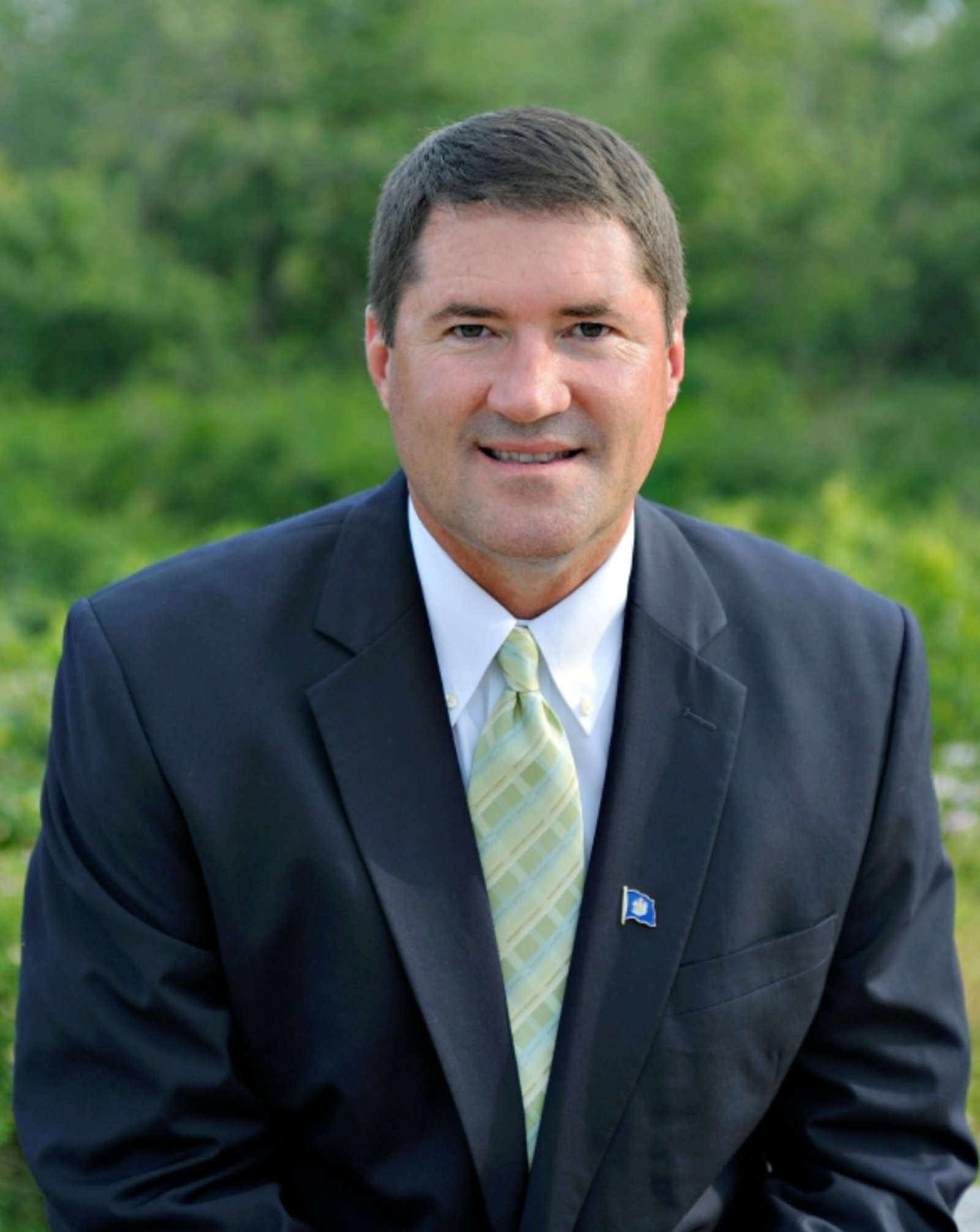The Maine Clean Election Act is facing scrutiny as concerns grow about its effectiveness in supporting candidates. The program, designed to provide public financing for political campaigns, has been criticized for imposing excessive bureaucratic burdens and failing to deliver sufficient funds to candidates.
Challenges associated with the Clean Election Act have raised alarms among political observers. According to reports, many candidates are increasingly hesitant to participate in the program due to the stringent requirements and limited financial resources available. In the 2024 gubernatorial race, the anticipated funding amount is approximately $1 million, a figure that may not adequately support the needs of candidates vying for election.
Understanding the complexities of the program is crucial to addressing these issues. The Clean Election Act aims to foster a more equitable political landscape in Maine by offering financial support to candidates who agree to limit their fundraising activities. However, the growing sentiment among candidates suggests that the administrative hurdles involved in accessing these funds may outweigh the benefits.
Steve Collins, a local journalist with extensive experience covering Maine politics, highlights that the cumbersome application process and stringent reporting requirements can deter potential candidates. This could lead to a situation where only those with sufficient personal resources or established networks can effectively compete, undermining the original purpose of the act.
As Maine gears up for the critical gubernatorial election, the need for reform is becoming increasingly urgent. Advocates argue that simplifying the application process and increasing funding limits could encourage broader participation. They suggest that easing the financial constraints could help level the playing field, allowing a more diverse array of candidates to enter the race.
Public sentiment appears to support these changes. Many residents are calling for a review of the Act to ensure it aligns with its intended goals of promoting democratic participation. Ensuring that candidates have adequate financial resources is essential for fostering a competitive electoral environment.
Moving forward, the state legislature may need to consider amendments to the Clean Election Act. A reassessment of the program could lead to significant improvements that better serve the candidates and ultimately the voters of Maine. With the gubernatorial election approaching, the conversation surrounding campaign financing is likely to intensify, prompting lawmakers to take action.
In conclusion, the effectiveness of Maine’s Clean Election Act is under serious review as candidates express concerns over its operational challenges. As the state prepares for the 2024 election, addressing these issues will be crucial in ensuring fair and equitable access to public financing for all candidates.
